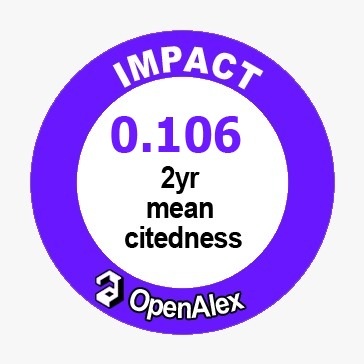On the Reactivity of Think-Aloud as a Data Collection Tool and the Potential Modulating Effect of Think-Aloud Instruction on the Reactivity of this Tool
DOI:
https://doi.org/10.20448/journal.527.2018.21.27.32Keywords:
Think-Aloud, Concurrent verbalization, Reactivity, Instruction, Bilingual, Advanced progressive matrices.Abstract
To explore the reactivity of think-aloud (i.e., whether think-aloud as a data collection tool would influence the data it collects), the present study compared 60 Chinese-English bilinguals’ performances in solving Advanced Progressive Matrices (APM) in two thinking modes, either thinking aloud or not. Furthermore, this study examined whether the potential task performance difference was modulated by the think-aloud instruction language, either first language (L1) or second language (L2). The participants were separated into two groups and instructed respectively in L1 and L2 to solve APM in two thinking modes (with the order of the two modes counterbalanced within group). Results show that there was no significant difference in task performance between the two thinking modes; moreover, the think-aloud instruction language did not have any significant modulating effect on the task performance difference between the two modes. Implications of this study for empirical research employing think-aloud as a data collection tool are discussed.







